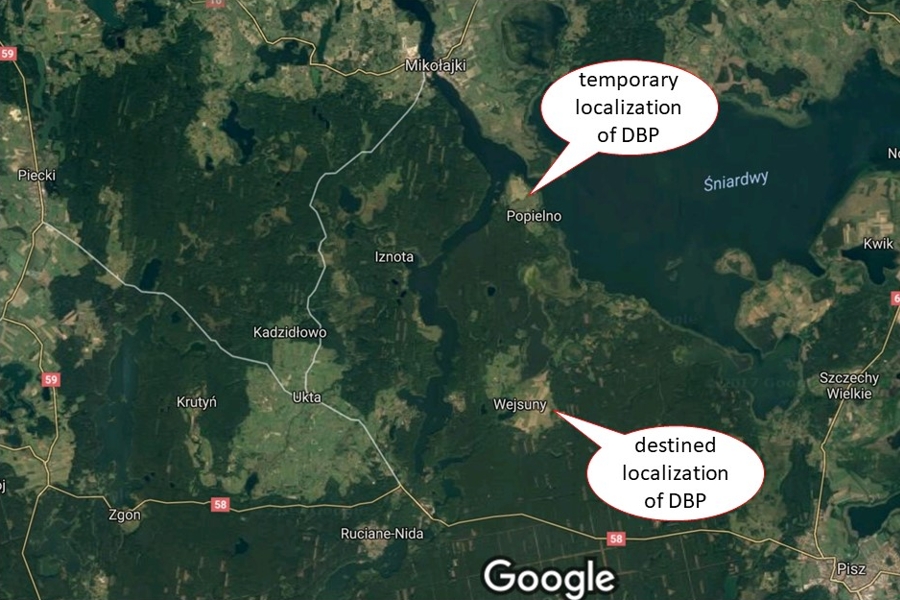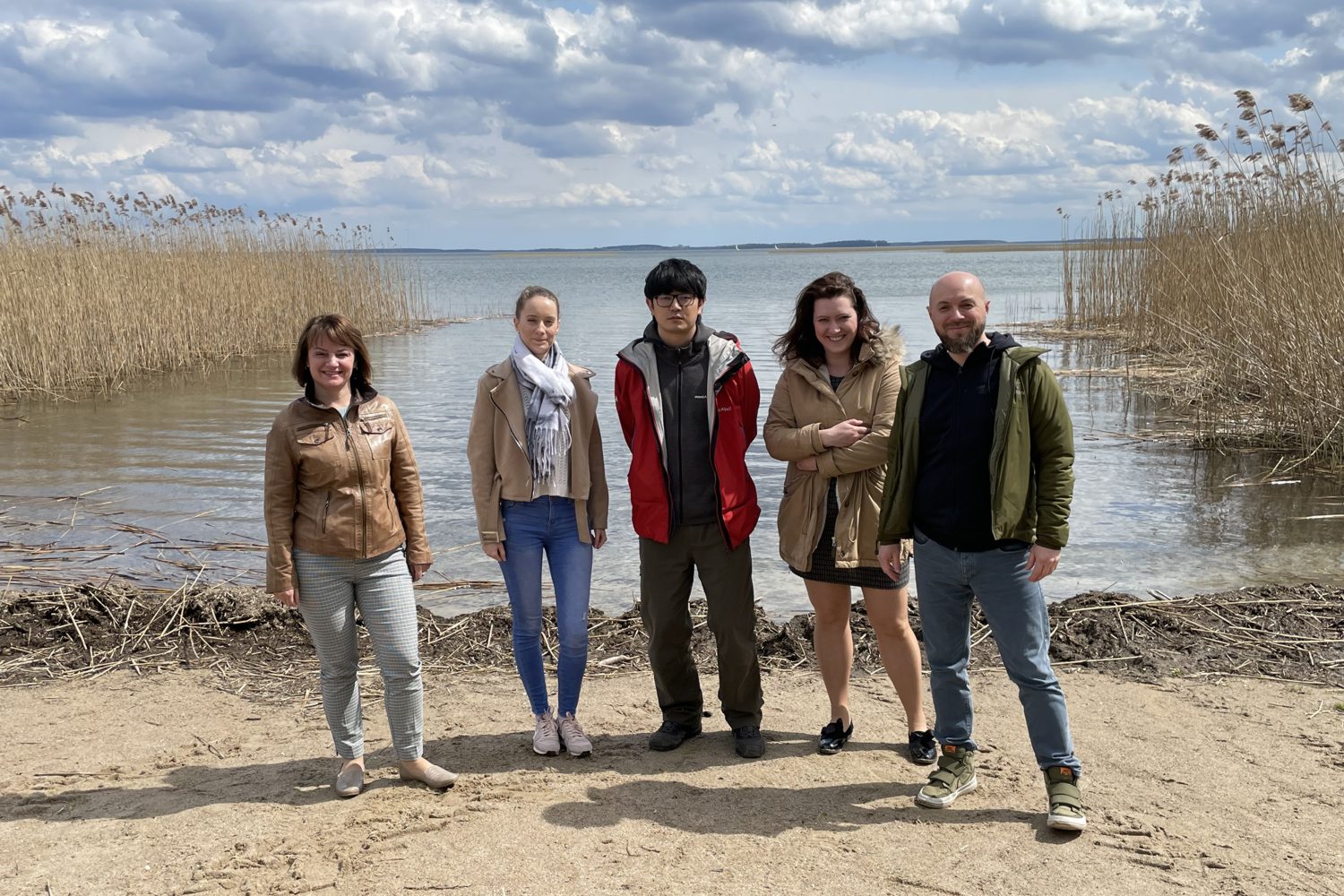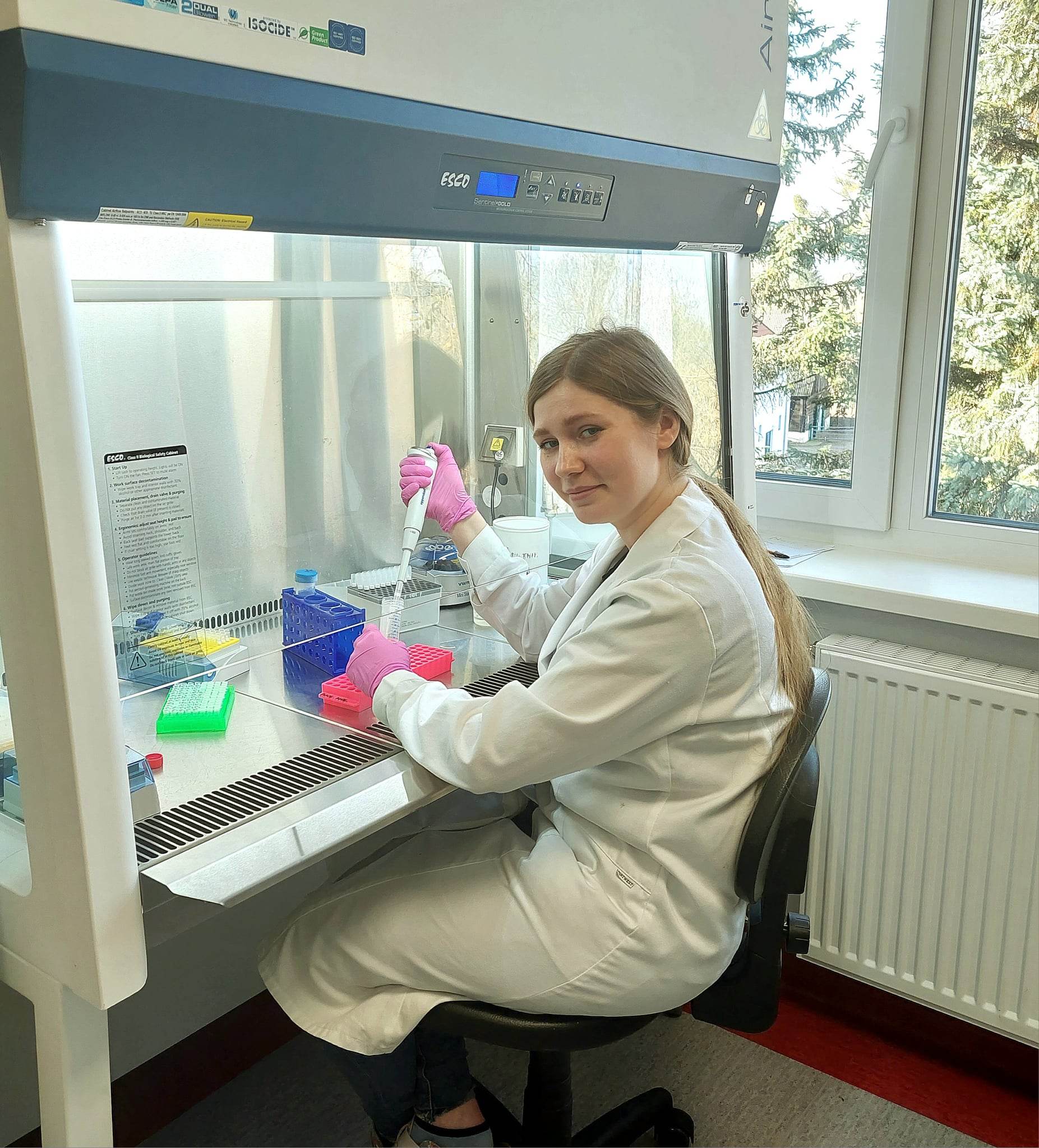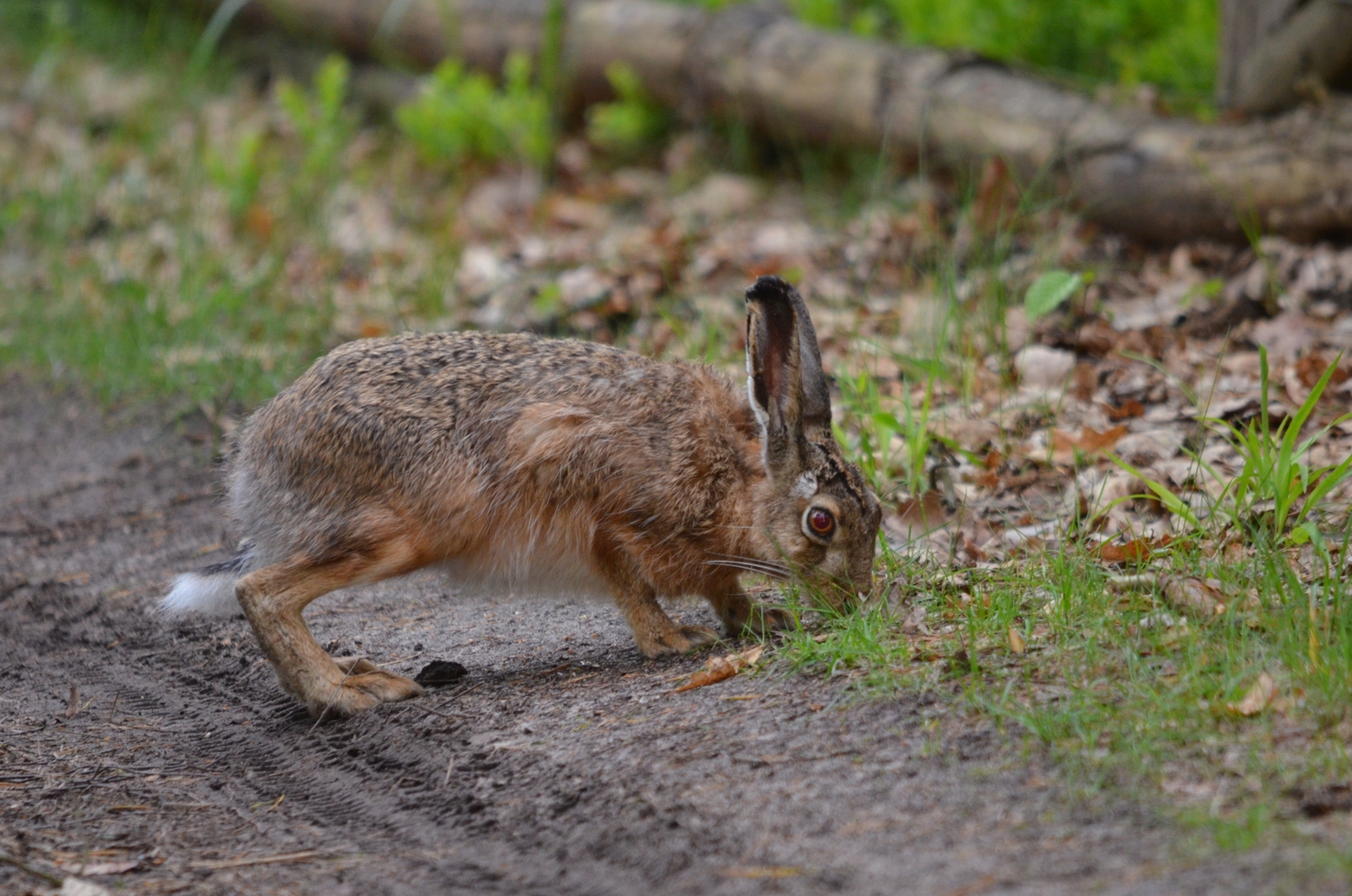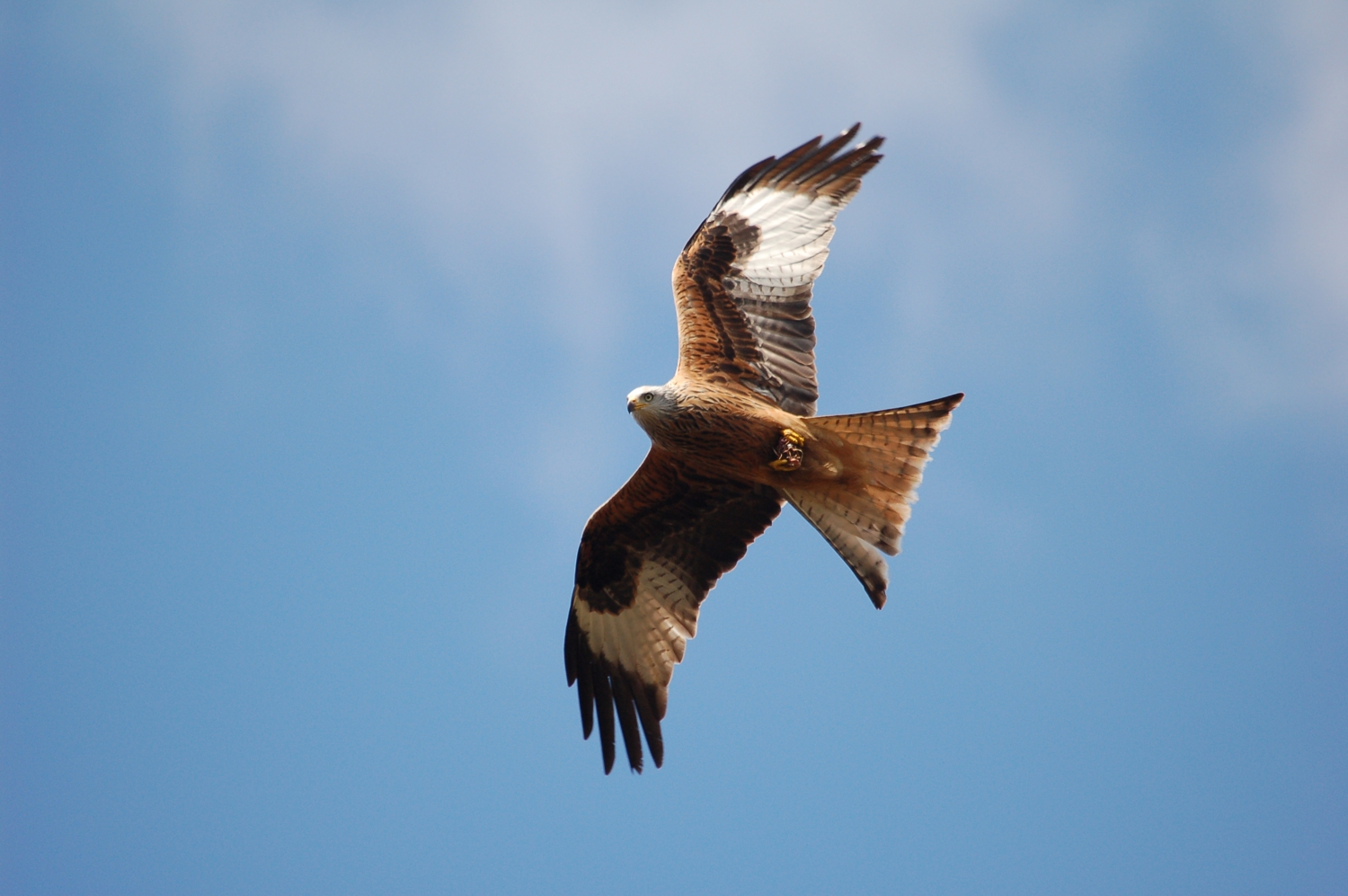Our interdisciplinary research focuses on wild animal conservation in the context of preserving biodiversity.
Our research is conducted in several areas.
The first is to expand the current knowledge about the mechanisms shaping the biodiversity of agro-ecosystems. We determine how environmental factors (e.g., stress or foraging base in the habitat) influence the condition of animals, as well as the quality of technological parameters and the content and bioavailability of biologically active components in the raw materials obtained from them.
To understand the changes occurring in the environment, we also study the interactions between epigenetic factors (epizootic, climatic, and toxicological) and the physiological processes in animals in their natural habitats. An important goal of our research is also to identify species-specific adaptations of animals to environmental changes along with their consequences for homeostasis (the ability of the organism to self-regulate biological processes).
We focus on implementing reproductive biotechnics as tools for diagnosing, controlling, and preserving biodiversity, as well as developing markers of reproductive potential.
The interdisciplinary nature of our team allows for the comprehensive use of research material in accordance with the principle of 6R (refuse, reduce, reuse, recover, recycle, rethink). We prioritize the effective use of animal tissues for both research and application purposes – e.g., in medical and veterinary therapies.
We also collaborate with economic stakeholders and the State Forests towards the development of feed additives, reproductive biotechnics, and meat products with valuable nutritional properties.
